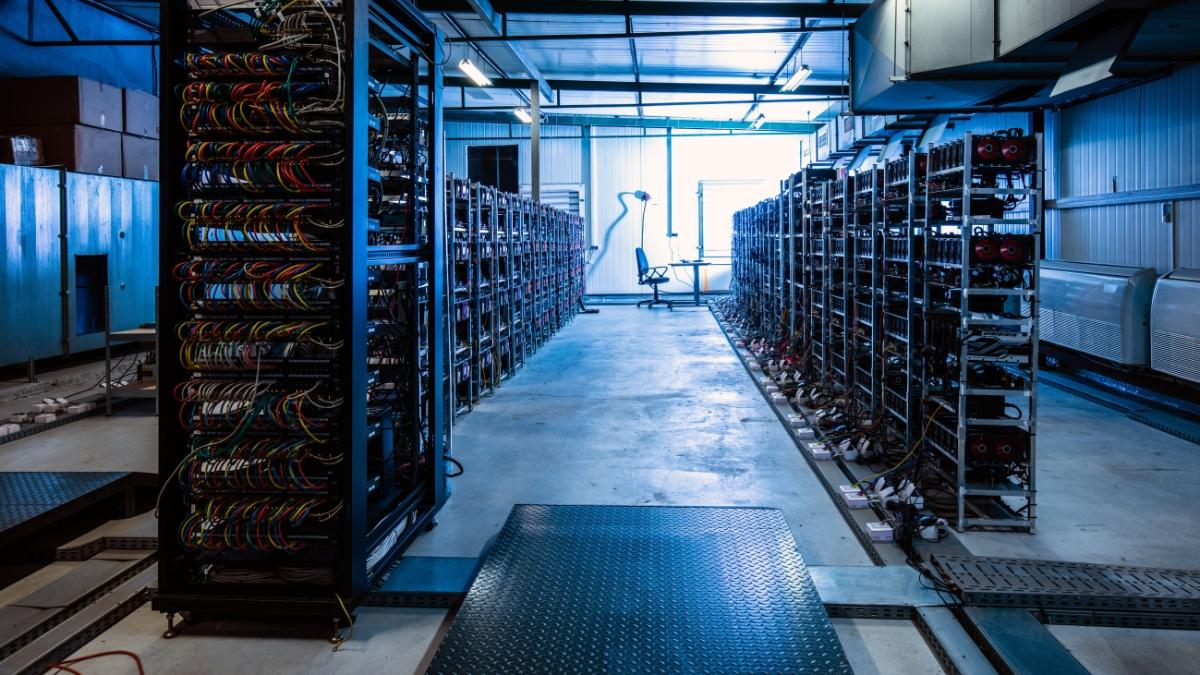In today’s ever-evolving digital landscape, it is paramount to select the best possible server type for your online presence. Businesses large and small rely on rapid, dependable servers to ensure their websites and applications perform optimally. In this respect, dedicated servers stand apart from other options due to unmatched resources and exclusive access.
Understanding Dedicated Servers and Their Benefits
If you’re in need of top-tier performance and security, a dedicated server is an excellent choice. Unlike shared hosting or VPS (Virtual Private Server) alternatives, using a dedicated server ensures that available resources are allocated exclusively to your business or project. This means greater stability, faster load times, and enhanced ability to handle traffic spikes. To benefit from these advantages, you can rent dedicated server from reliable providers.
Dedicated servers provide numerous benefits, including:
- Complete control: With a dedicated server, you have full control over all aspects of your server environment, from hardware configurations to software installations and updates.
- Unrivaled performance: All of the server’s resources, such as CPU, RAM, bandwidth, and storage, are reserved entirely for your use, eliminating the possibility of compromised performance by neighbouring users.
- Heightened security: A dedicated server provides a secure environment, essential for businesses managing sensitive data or seeking protection against malicious attacks.
- Scalability: Upgrading a dedicated server offers seamless transitions and minimal downtime, allowing your business to grow without sacrificing service quality.
Key Factors to Consider When Selecting Your Dedicated Server
To make an informed decision and choose the best dedicated server for your business, website, or application requirements, you should evaluate several essential factors.

Type of Host: Managed vs. Unmanaged
One crucial factor when choosing a dedicated server is determining whether to opt for managed hosting or unmanaged hosting. While they both have their pros and cons, understanding their distinctions will assist your decision-making process.
Managed Hosting:
- Your hosting provider handles the server’s technical aspects, including server hardware, operating system updates, security patches, and server monitoring, allowing you to focus on managing your applications and content.
- You receive comprehensive support from experienced professionals in case of issues or questions.
- This option is ideal if you have limited technical know-how or lack the time and resources required to maintain a server independently.
Unmanaged Hosting:
- You have complete control over the server environment and are responsible for its maintenance, updates, security, and troubleshooting.
- You need a thorough understanding of server management and may require additional staff dedicated to server administration.
- This option can be more cost-effective but places higher demands on your internal resources and expertise.
Hardware Specifications
The performance of your dedicated server largely depends on its hardware components. Consequently, it is vital to review your application and website needs to select the most suitable server build. Below are some key points to consider:
- Processor/CPU: Evaluate the number of cores and the processing speed necessary to run your applications or website efficiently. Heavier applications and larger websites will require more powerful processors.
- RAM: Sufficient RAM is crucial for smooth operations during peak traffic periods. Ensure that your dedicated server can accommodate increased resource demands, which usually run congruent with your projected growth.
- Storage: Determine if you require HDD (Hard Disk Drive) or SSD (Solid State Drive) storage. While HDD offers larger capacities at lower costs, SSDs are significantly faster and offer better performance and durability.
- Bandwidth: The amount of bandwidth provided by your hosting provider directly impacts the speed at which your users can access content on your website or application. Choose sufficient bandwidth plans to prevent lags or outages during high-traffic periods.
Data Center Location
The proximity of a data center to your target users directly affects your website’s or application’s load times and overall performance. When searching for a dedicated server provider, give serious thought to their data center locations. Choosing a hosting provider with a data center close to your primary audience will result in faster response times and improved user experience.
Provider Reputation and Support
It may seem obvious, but working with a reputable dedicated server provider is critical to ensuring your project’s success. A reliable provider will prioritize minimizing network downtime while offering responsive customer service and robust warranties. Researching reviews, seeking client feedback, and assessing providers’ average response times will help you determine candidates’ reliability and create a shortlist of prospective hosting companies.
